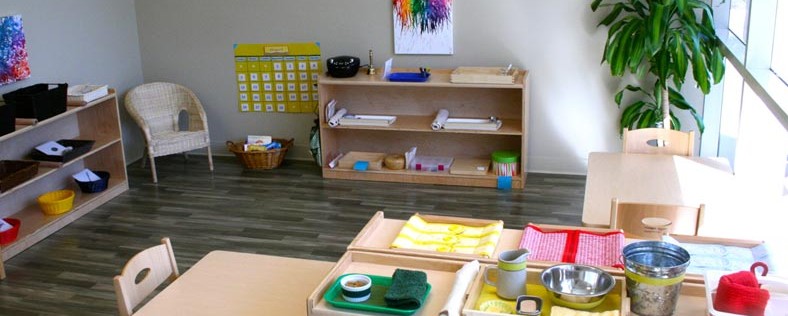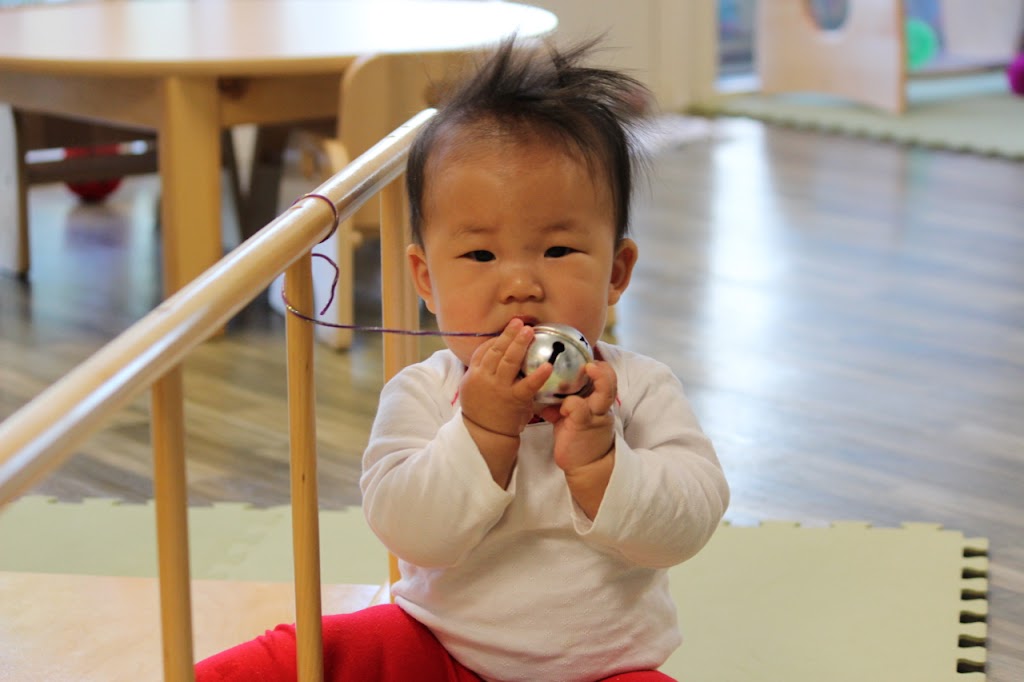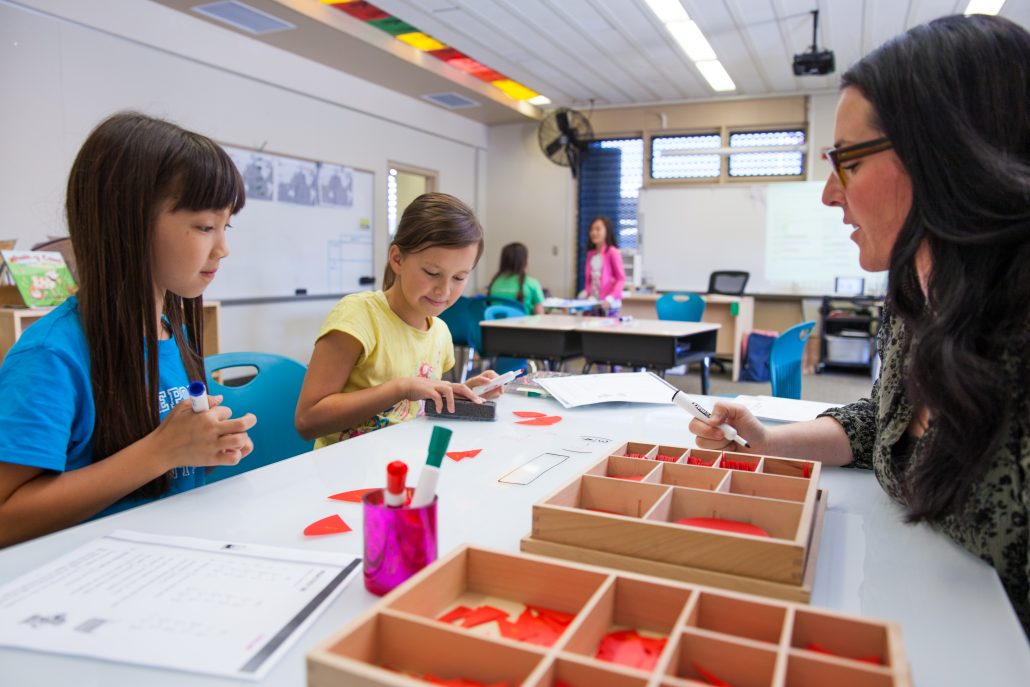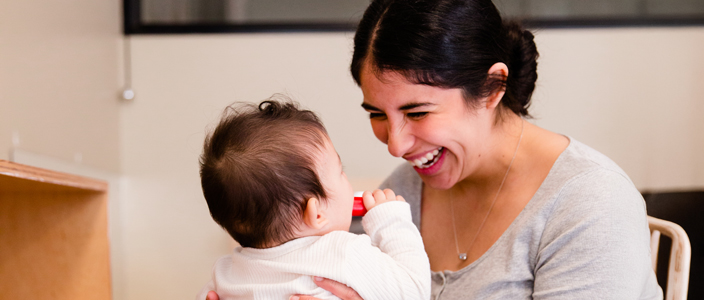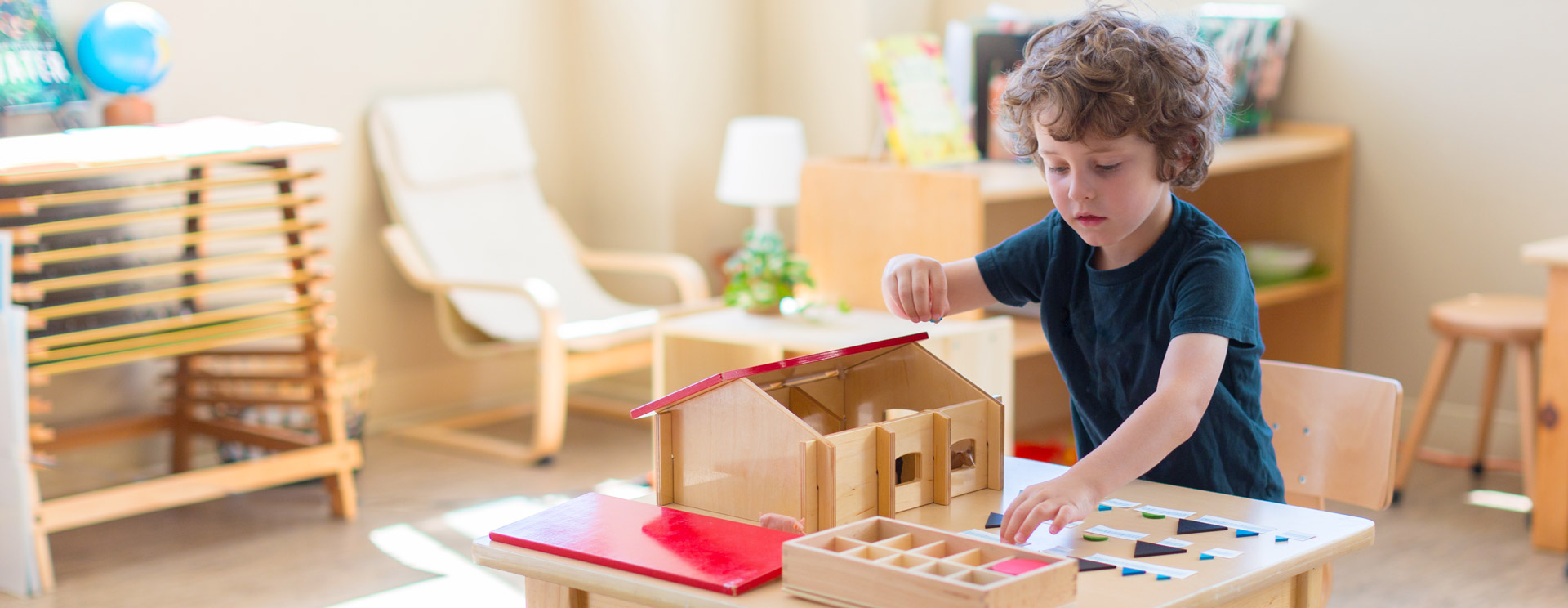
What Sets LePort Montessori Apart From Other Montessori Schools?
If you are reading this, you may be looking for a preschool–and may be curious about whether Montessori is a preschool education that makes sense for your family.
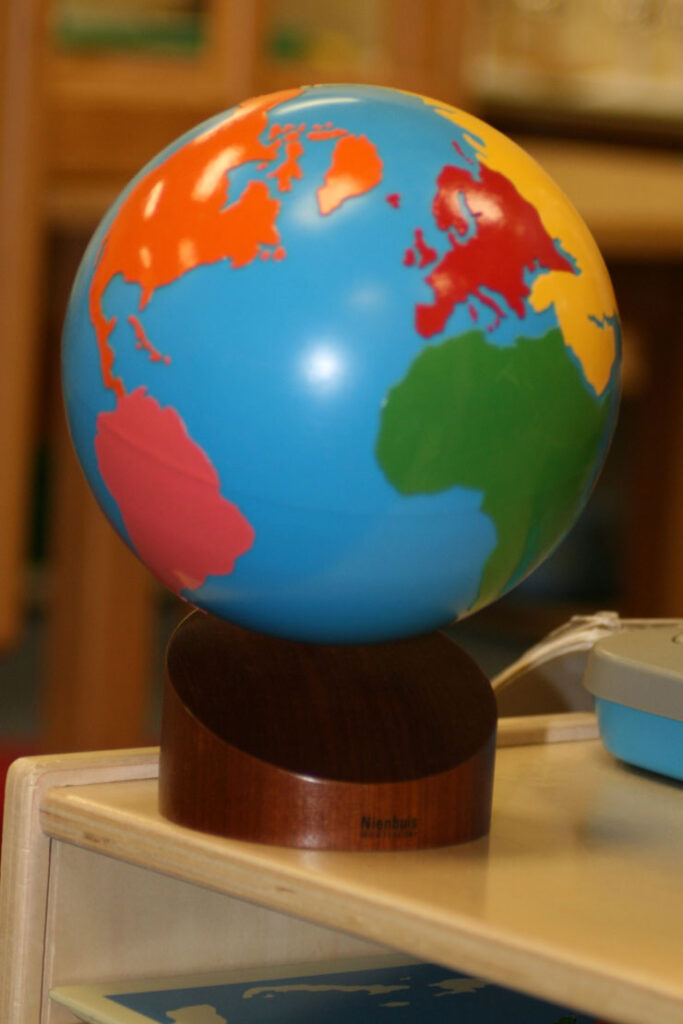
As you research Montessori, it is important to know that Montessori isn’t a trademarked term, nor a franchised system, not even a national brand you can trust. Unfortunately, it’s not true that every Montessori preschool delivers on the promise that Montessori offers. As education-journalist Peg Tyre correctly states:
A school can call itself a Montessori program, and many do, without knowing a single thing about the educational philosophy developed by Dr. Maria Montessori. – Peg Tyre
In many major metropolitan areas (think Orange County, LA, or San Diego), you have many Montessori preschools to choose from. (The last time we counted, there were over two dozen Montessori preschools in our home market of Orange County alone, and we probably missed some!) If you’ve done your research and agree that the Montessori method is right for your child, the next step is choosing one of those preschools.
So what do you look for when you tour different Montessori preschools? What differentiates an authentic preschool program that takes the methodology seriously, from one that may be more interested in utilizing the Montessori name as a means of attracting parents, but does not really strive to apply the method in the classroom and preschool community?
Or, put from our perspective, why do we think you should choose one of LePort’s Montessori preschools?
A few years ago, I was in your shoes: when my daughter was about 2 years old, I toured a handful of Montessori preschools in Oakland, CA, where I lived at the time, and enrolled her in what I thought was a good program, conveniently located near our home. Unfortunately, as I educated myself about Montessori and joined the LePort leadership team, I discovered that while the school was a nice, friendly preschool, they were not serious about applying Maria Montessori’s educational principles. (They also fell woefully short on customer service to me, a working parent.) After more research, and much soul-searching, we moved her to another, better Montessori preschool, where my daughter and son experienced a good bilingual Montessori education. (We later moved to Orange County, where both of my children now attend our LePort Montessori elementary school program.)
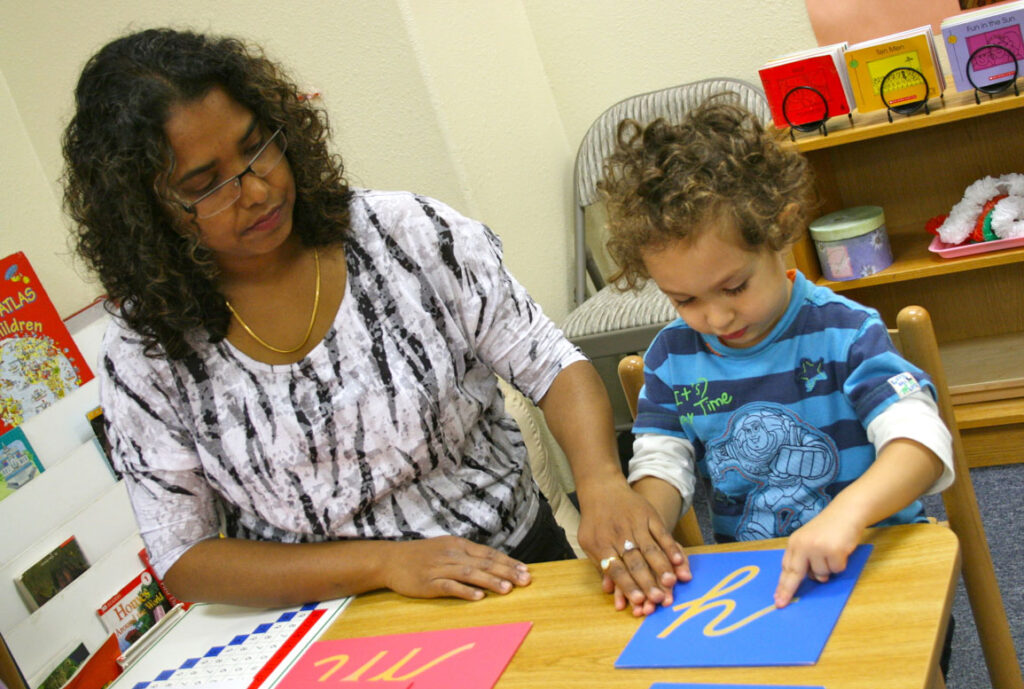
Now, when friends ask me for a cheat-sheet for touring Montessori preschools, here’s what I tell them to look for:
1. Head teachers who have completed a year-long, intensive Montessori training program, preferably from an AMI training center. At LePort Montessori, our preschool head teachers typically have a Bachelor’s degree, and a credential from AMI, the Association Montessori Internationale, which is the original training organization founded over 60 years ago by Dr. Maria Montessori. While there are other good training programs we occasionally hire from (most are MACTE accredited), we have found that AMI consistently selects highly-motivated and skilled candidates, and provides them with the most rigorous training possible. Be aware that some schools conduct quick “in-house-trainings”, sometimes lasting only a few weeks, and that some teachers at other schools have learned their skills from books or online-only self-study curricula. Also ask about teacher experience and training: ideally, teachers new to Montessori have experienced mentors to work with and learn from, before taking over their own classrooms!

2. Mixed-age preschool classrooms, which combine 3- to 6-year-olds into a family-like community. Many so-called Montessori preschools have succumbed to the traditional preschool approach of splitting children into the “Twos”, “Threes” and so on, or are separating out Kindergarten-aged children into separate groups. A mixed age group is essential to a real Montessori preschool program: it allows children to learn at their own pace, to learn from older peers and become mentors in turn, and to build a strong bond with a teacher, who gets to know a child closely over the three years she’s in her preschool class, and can guide her as an individual. The final year–the Kindergarten year that the child starts when he has turned five–is a critical, cashing-in year, and allowing children to complete the full three-year-cycle in one classroom community is critical to reap the tremendous benefits from Kindergarten in Montessori.
3. Extended, uninterrupted, child-led work periods, preferably 2-3 hours in length, one in the morning, one in the afternoon. Montessori is about enabling the child to follow his own interests, to learn at his own pace and on his own schedule. A good Montessori classroom offers him plenty of space and time to explore what interests him, in contrast to the adult-led, group-focused programs common in typical preschools.
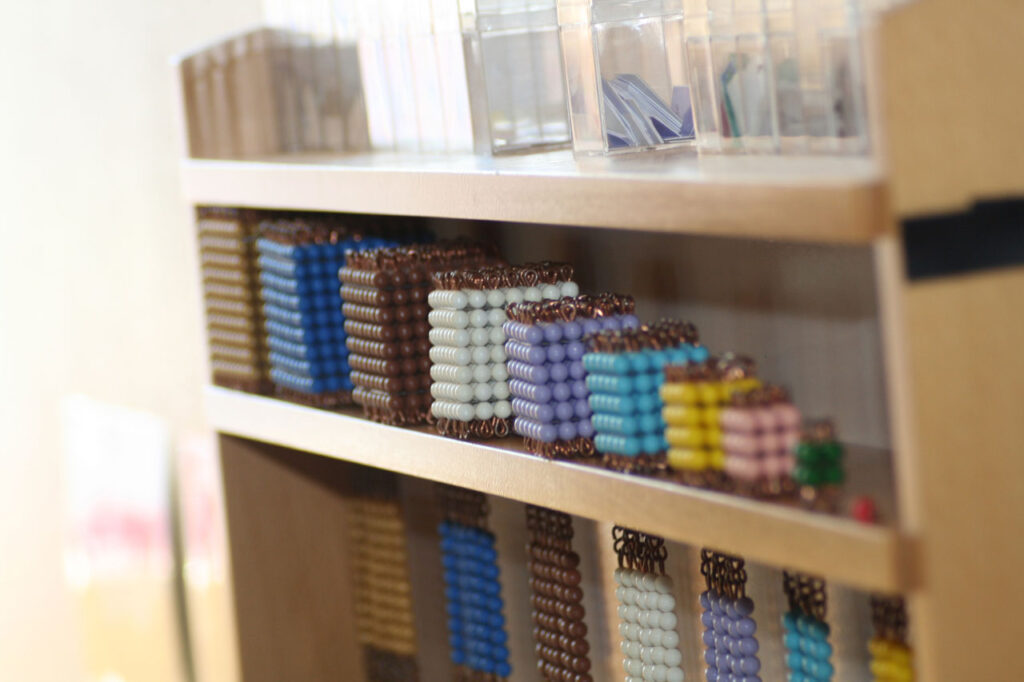
4. A high-quality, clean, bright, peaceful preschool classroom environment, equipped with a full range of Montessori materials. It should go without saying that a child’s preschool environment should be clean, bright and beautiful, but unfortunately, we’ve seen a lot of clutter and messiness at some preschools we’ve visited. Equipping a school with a full set of Montessori materials is not cheap (we budget about $20,000 for materials for each preschool room, and regularly invest in improving our programs, such as buying thousands of dollars in new books for our phonetic reading program!), but it is essential to ensuring the children get the most out of their Montessori preschool experience.
5. A mature school organization, with well-honed hiring and teacher-training programs, and a strong leadership team. Finding great teachers is a learned skill, as is training them. Our schools have many head-teachers who have been with us for years. When we hire new teachers, we typically give them the opportunity to co-teach with an expert for several months to a year or two, so they can give your child the best instruction when they take over his classroom. Several part-time and full-time Montessori experts at all levels–from infants to middle school–and a full-time Head of School at each school, help us ensure that every classroom consistently delivers the highest quality experience for our students. Plus, they enable us to put on a lot of Parent Information Events and social get-togethers, which help you to be a part of making your child’s education the best it can be, and finding a community of like-minded parents, thus creating your own chosen village for raising your child.
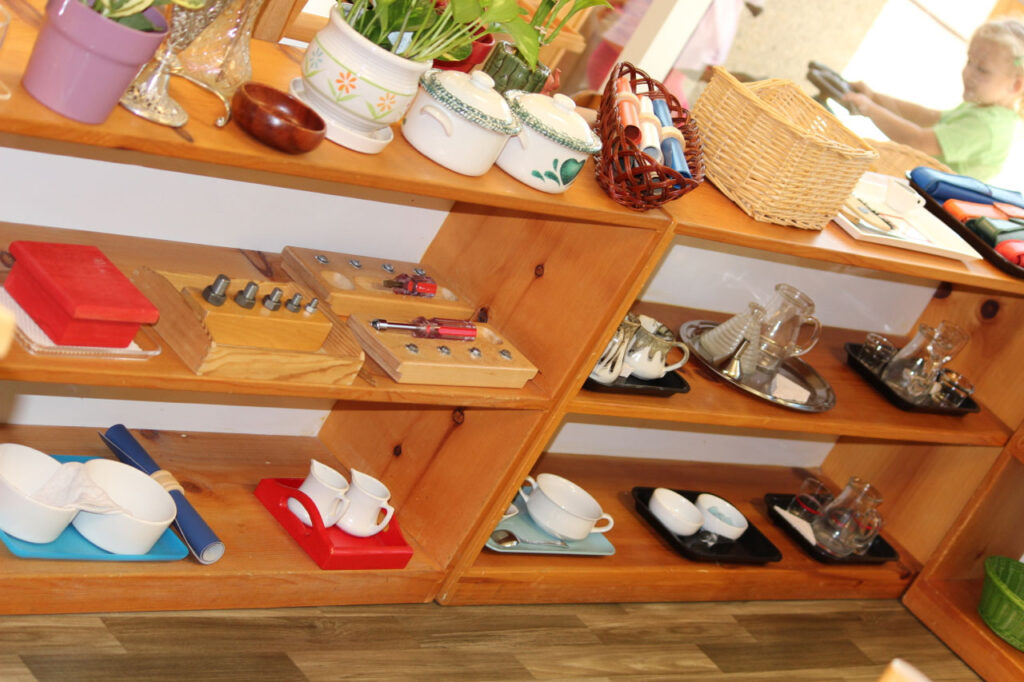
6. A professional administration that understands how important convenience and customer service are to you as a busy parent. While your primary concern should rightly be your child’s experience, a good preschool also looks out for you as a parent. Nothing is more annoying than holiday schedules that leave you scrambling to find alternate child care, or not knowing what your child does at preschool day-to-day, or not being able to reach your teacher or the preschool staff when you have an urgent question. We take pride in running LePort to high standards in customer service, and always welcome parent feedback that helps us improve.
We hope that you are making progress in your preschool research, and we’d be thrilled if after careful consideration, you chose LePort Montessori as the preschool for your child.

